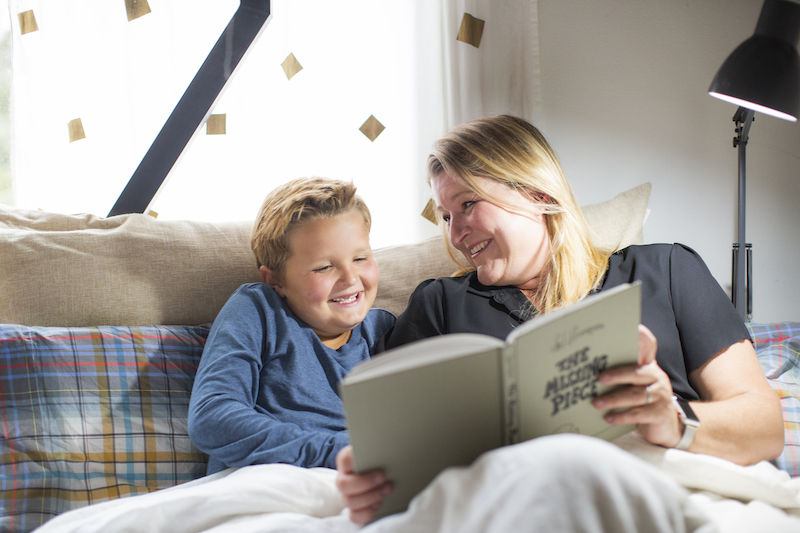Ever wonder why laughter is contagious? The average human laughs 17 times in a day and when we hear it, the muscles of our face are triggered to join in, starting a ripple effect. During a crisis, this laughter can be a powerful coping mechanism that builds resilience, so let’s find the funny in tense situations.

Laughter helps us cope with major illness and life’s stresses. It also strengthens our immune system, and that helps us fight off disease. Furthermore, we can stop a downward spiral by finding something to laugh about. It sets the stage for reframing our thoughts. So, go ahead and laugh!
Psychologists, neuroscientists and philosophers are collectively fascinated by laughter. They want to know more about what triggers laughter, how it works in the brain and its evolutionary role in our survival. Laughter takes two forms:
- spontaneous, emotional and involuntary laughter that is a genuine expression of amusement, and
- joy and laughter we employ as a social strategy to connect with people
Developmental psychologist Caspar Addyman has studied why babies laugh. He discovered that babies articulate their first words around nine months old on average, but laugh at three months. And laughter is contagious. Research has found that mostly people may think they laugh at jokes, but we actually laugh most when we are with other people. Psychologist Robert Probine, who has researched laughter for more than ten years, says that laughter is a social emotion that binds people together. It is shared across cultures and across species. Humans, primates, and even rats laugh.
Laughter is a powerful coping mechanism that helps us to overcome challenges and connect with people, and it triggers a response in our body that impacts our health and mood. To get the giggles started, try these six steps:
- Smile, even if you have to fake it: There’s evidence that forcing a smile can improve your mood. It’s a kick-start toward boosting the benefits of laughter.
- Get social: Since we laugh in social settings, find ways to connect with others. Can’t be together? Write funny letters to family and friends. Hang silly signs out the window, or decorate your door with jokes.
- Start early in the day: Find things to smile and laugh about as soon as you open your eyes. Encourage your kids to smile at your bed hair. Share and laugh at your dreams. Make a funny breakfast or add some unexpected items to the table that will make you laugh.
- Watch funny movies and comedies: It’s called cinematherapy. Movies affect us powerfully and because they are multi-sensory, they can trigger perceptual, cognitive, and emotional processes like reflection, problem-solving, and empathy. They also allow for an emotional release that is cathartic. IMDB curates a list of fifty funny kid-friendly movies, but there are far more including classics from our grandparents’ generation that older kids might appreciate. Not to mention TV shows. Who can keep a straight face watching Robin Williams in Mork & Mindy or any blooper show like these on YouTube.
Or, enjoy slapstick comedy? Schadenfreude means “harm-joy” in German, and it explains why slapstick comedies like the Three Stoogies and the Marx Brothers are so popular. At least part of the charm is that you can leave your cares, and your brain, behind.
Or if you’re looking for more thoughtful comedic inspiration, these TED talks offer food for funny thoughts. - Don’t be embarrassed; be self-compassionate: The next time you feel yourself getting embarrassed by something you did or said, stop and laugh at it instead. Almost any faux pas is recoverable—mistakes are opportunities for learning and laughter.
- Tell silly stories and share jokes: Stories have a transformative power that allows us to see the world in a different way than we might on our own. Walking in another’s shoes can inspire empathy. What funny situations have you experienced? Don’t be embarrassed. Kids love to laugh, most especially at the expense of their parents. And if there’s nothing from real life, start a story round-robin asking everyone to contribute details along the way.
Or try telling jokes. The next time your kid asks “What do elves learn at school?” go ahead—laugh and reply “The elf-a-bet.” Laughter brings many benefits to our health and well-being, so set an intention to make it a priority for your family.


